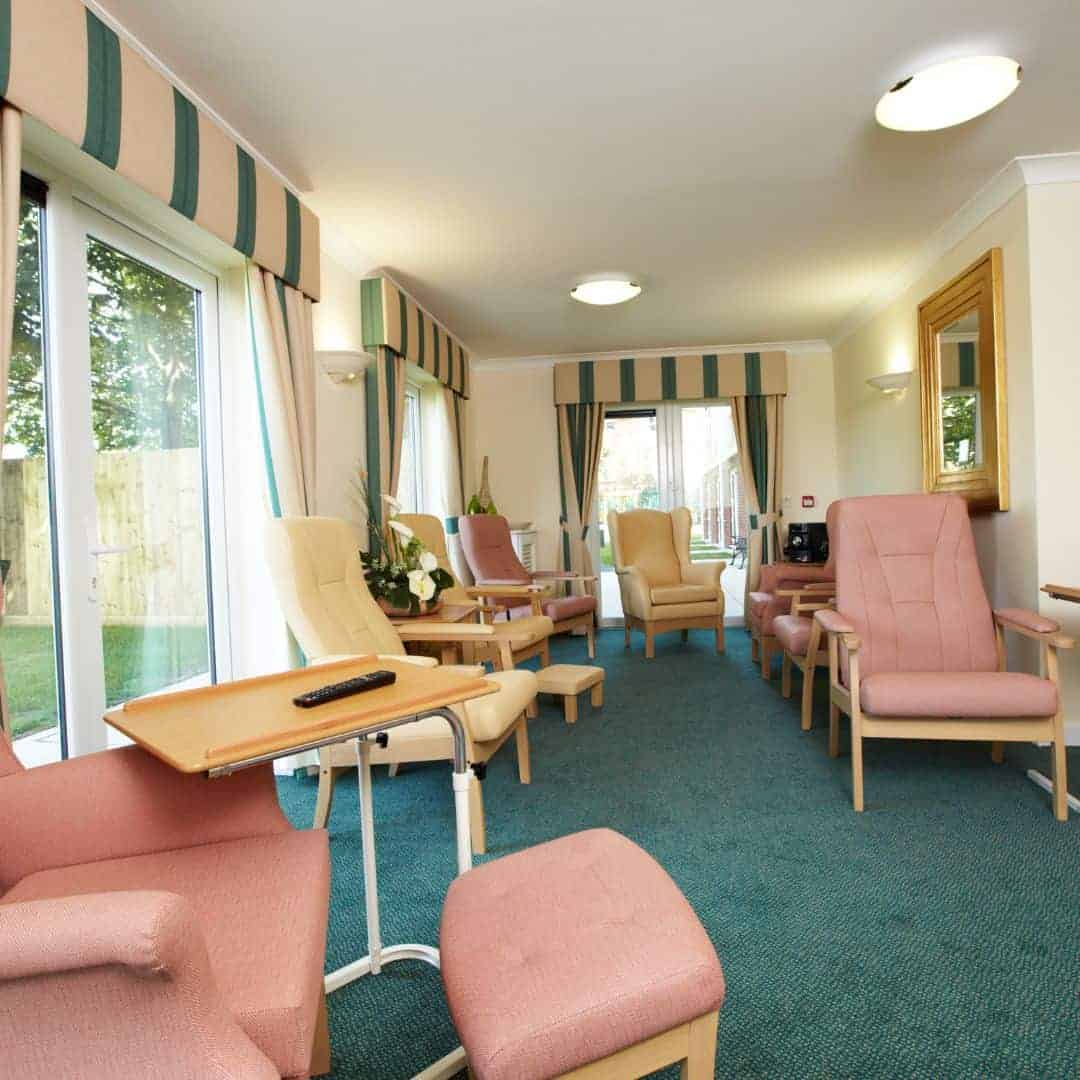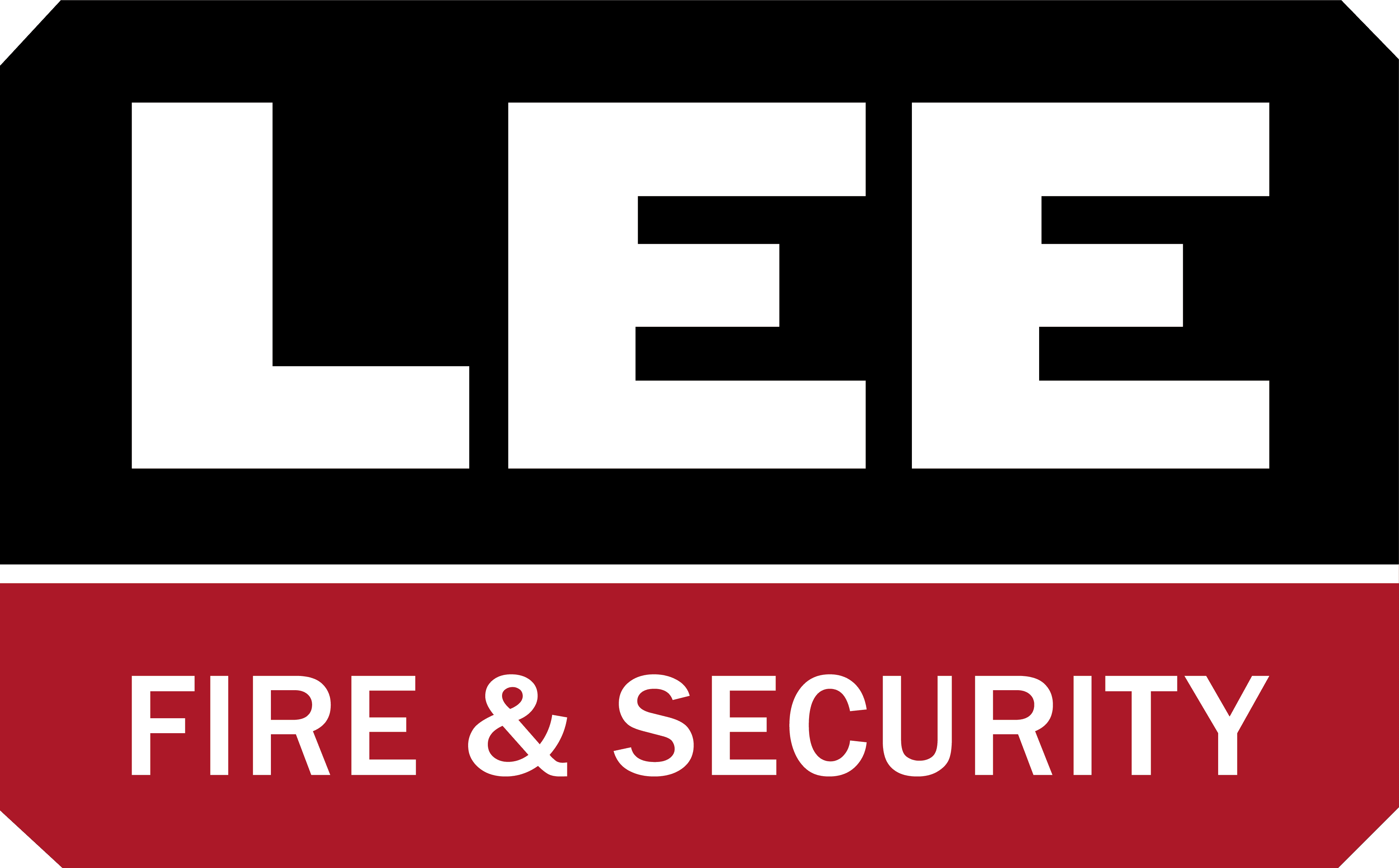Guide to Fire Safety in Care Homes

Guide to Fire Safety in Care Homes: Ensuring Compliance and Safety with Lee Fire & Security
Fire safety is a critical concern for care homes, where vulnerable residents rely on effective fire protection systems and procedures. This guide outlines essential fire safety requirements for care homes, including the types of systems, products, testing frequency, and specialised requirements. Lee Fire & Security offers expert guidance and tailored fire safety solutions, helping care homes across London stay compliant with fire safety regulations and protect their residents.
- Fire Safety Systems for Care Homes
(a) Fire Alarm Systems
Care homes must be equipped with an effective fire alarm system designed to promptly detect fire and alert occupants and staff. According to the Fire Safety in Residential Care Premise, fire alarm systems should meet the BS 5839-1 L1 standard, ensuring full coverage throughout the building.
The requirements for fire alarm systems include:
- Grade: A fire alarm system should meet the BS 5839-1 L1 standard, ensuring full coverage throughout the building.
- Automatic Fire Detection: Automatic fire detectors (smoke and heat detectors) should be installed in all sleeping areas, escape routes, and common areas.
- Manual Call Points: Manual call points (fire alarm buttons) should be placed at every exit and on escape routes, allowing staff to activate the alarm manually if needed.
- Visual and Auditory Alarms: Considerations should be made for residents with hearing impairments, with visual alarm devices (e.g., flashing lights) installed in addition to audible alarms.
Lee Fire & Security works with care homes to design and install fire alarm systems that meet these specifications, ensuring full compliance with fire safety regulations.
(b) Emergency Lighting
Emergency lighting is essential in care homes to provide illumination during an emergency, especially if the power fails. Regular testing is required to ensure compliance with the Regulatory Reform (Fire Safety) Order 2005.
The emergency lighting should:
- Be installed along escape routes, staircases, and in communal areas.
- Remain operational for at least 3 hours during a power failure.
- Be tested regularly, with a monthly functional test and an annual full discharge test.
(c) Fire Extinguishers
Appropriate fire extinguishers should be placed throughout the care home to ensure that staff can respond to small fires before they escalate. Different types of fire extinguishers are required for various fire risks in care homes, and regular maintenance ensures they remain functional. More details on proper fire safety equipment and procedures can be found in the Fire Safety in Residential Care Premises guide.
Different types of fire extinguishers required for different fire risks:
- Water Extinguishers: Effective against Class A fires (wood, paper, textiles). Typically placed in corridors, common areas, and near exits.
- CO2 Extinguishers: Suitable for electrical fires. Installed near electrical equipment, such as kitchens or office areas.
- Foam Extinguishers: Useful for Class A and B fires (flammable liquids). Positioned in areas where flammable liquids are stored.
Lee Fire & Security ensures that the correct type and number of fire extinguishers are installed in each care home, adhering to fire safety regulations.
(d) Fire Doors
Fire doors are essential in preventing the spread of fire and smoke throughout the building, ensuring that escape routes remain clear and residents are protected. Fire doors should:
- Be fitted with automatic closing devices.
- Remain closed in the event of a fire or when not in use.
- Be checked regularly to ensure they are in good working order.
- Fire Safety Testing and Maintenance
(a) Regular Testing Schedule
Fire safety systems must be regularly tested to remain effective. The Health and Safety Executive (HSE) guidance on fire safety for care homes provides detailed information on the required testing schedule and best practices.
- Fire Alarm System:
- Test weekly by activating one call point to ensure the alarm is functioning correctly.
- Conduct a full system check every six months by a qualified engineer.
- Emergency Lighting:
- Test monthly to ensure it operates correctly in the event of a power failure.
- Perform an annual full discharge test.
- Fire Extinguishers:
- Inspect monthly to ensure they are accessible and in good condition.
- Conduct a full annual service by a certified professional.
Lee Fire & Security provides comprehensive testing and maintenance services, ensuring that care homes remain compliant with all fire safety testing requirements according to the standards outlined in the Regulatory Reform (Fire Safety) Order 2005.
(b) Fire Risk Assessment
A Fire Risk Assessment (FRA) is mandatory for all care homes and must be carried out by a competent person. The assessment identifies potential fire hazards, evaluates the risk to residents and staff, and outlines the measures required to mitigate these risks. The FRA should be reviewed annually or whenever significant changes occur, such as alterations to the building structure or an increase in resident numbers.
- Specialised Fire Safety Requirements for Care Homes
Care homes have specific fire safety needs due to the nature of their residents. These include:
- Specialised Alarm Systems: Systems must account for residents with mobility, sensory, or cognitive impairments. Visual alarms, vibrating pads, or personal pagers may be necessary to alert those with hearing difficulties.
- Evacuation Equipment: Suitable evacuation aids (e.g., evacuation chairs or mats) should be provided for residents with mobility challenges.
- Fire Drills and Training: Staff must receive regular fire safety training, including the use of fire extinguishers and how to assist in evacuating residents. Fire drills should be conducted every six months.
Lee Fire & Security offers tailored solutions for care homes, providing specialized fire alarm systems, evacuation aids, and staff training programs to ensure that all aspects of fire safety are covered.
- Fire Safety Products and Services Provided by Lee Fire & Security
Lee Fire & Security supplies and installs a wide range of fire safety products to help care homes comply with fire safety regulations:
- Fire Alarm Systems: Installation, maintenance, and upgrades of BS 5839-1 L1 compliant fire alarm systems, customised for care home environments.
- Emergency Lighting: Maintenance of emergency lighting systems to ensure safe evacuation routes.
- Fire Extinguishers: Supplying, installing, and maintaining the appropriate types of fire extinguishers for all areas of the care home.
- Fire Doors: Fitting and maintaining certified fire doors that meet regulatory standards.
We work closely with care home managers to ensure that all fire safety equipment is correctly installed, regularly maintained and tested, ensuring the safety and compliance of their facilities.
- How Lee Fire & Security Supports Care Homes Across London
Lee Fire & Security is committed to helping care homes across London maintain the highest standards of fire safety by providing:
- Consultation and Design: We assess your care home’s specific needs and design a fire safety plan tailored to your requirements.
- Installation: Our team of qualified engineers installs fire safety systems to meet all regulatory standards.
- Maintenance and Testing: Regular maintenance and testing services to ensure ongoing compliance and safety.
- Training: Providing staff training on fire safety procedures and the correct use of fire safety equipment.
Fire safety is an essential aspect of running a care home, and compliance with regulations is crucial to protecting vulnerable residents. Lee Fire & Security offers comprehensive fire safety services, working closely with care homes across London to ensure they meet all necessary fire safety standards. Our expert team ensures your care home is equipped with the right systems, products, and training to safeguard your residents and provide peace of mind.
For more information or to schedule a consultation, contact Lee Fire & Security today at 0800 731 3365.
